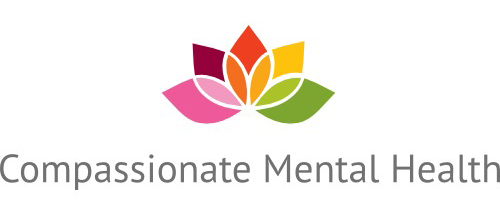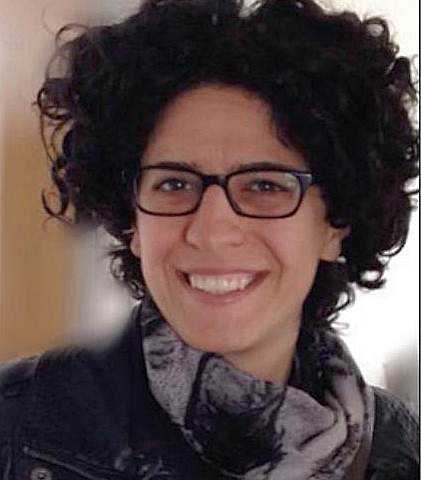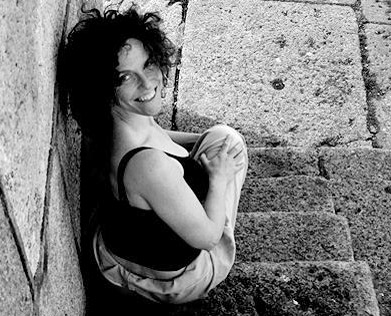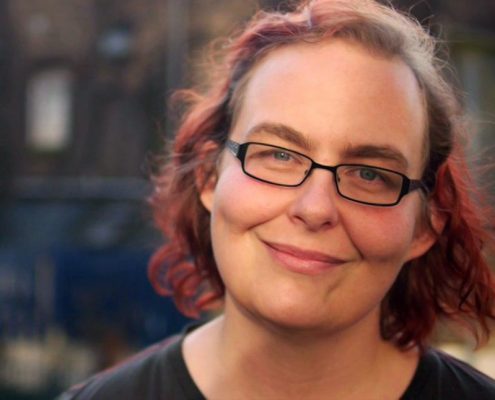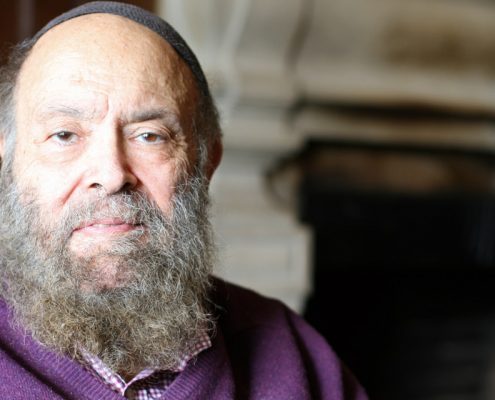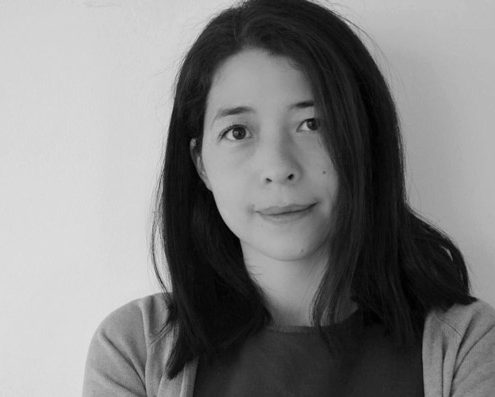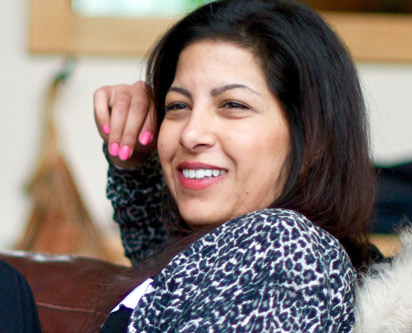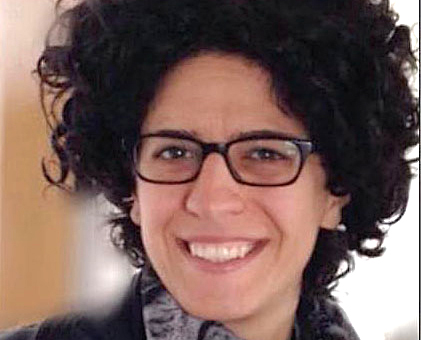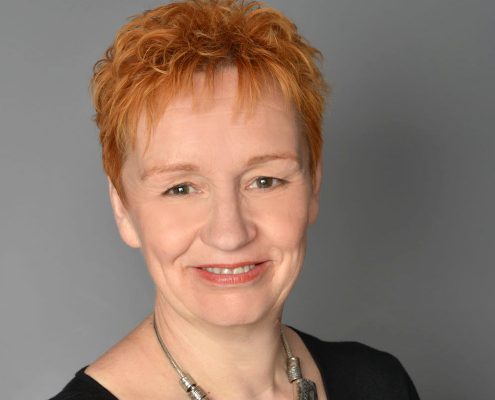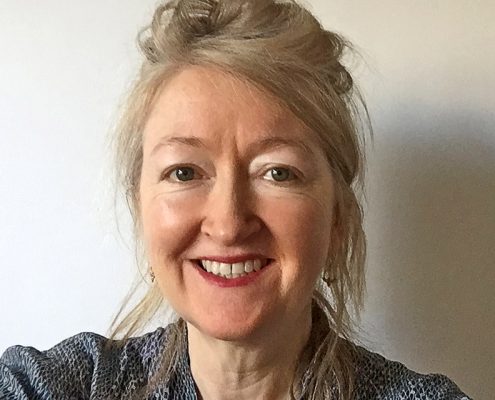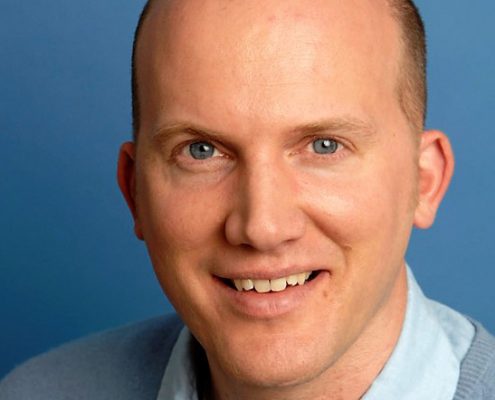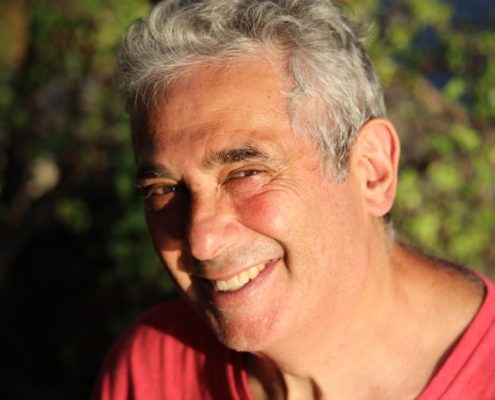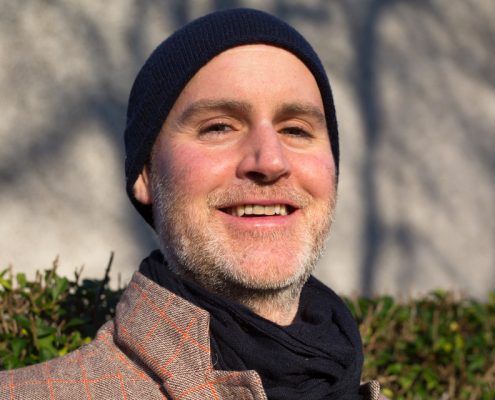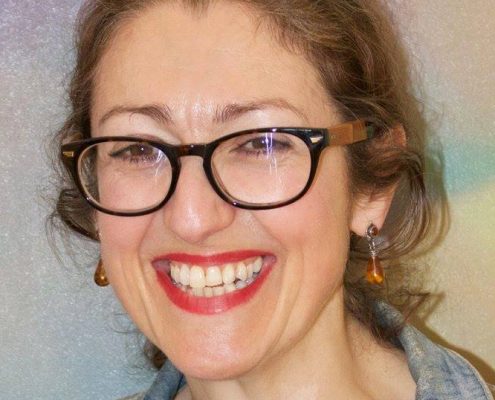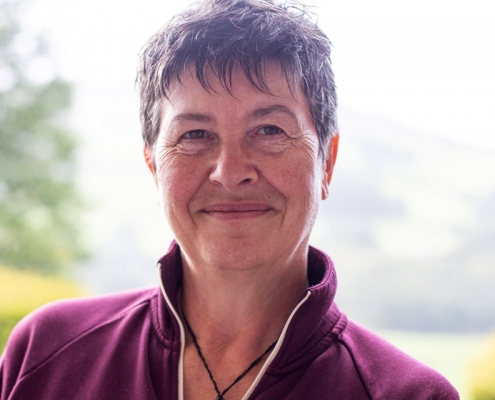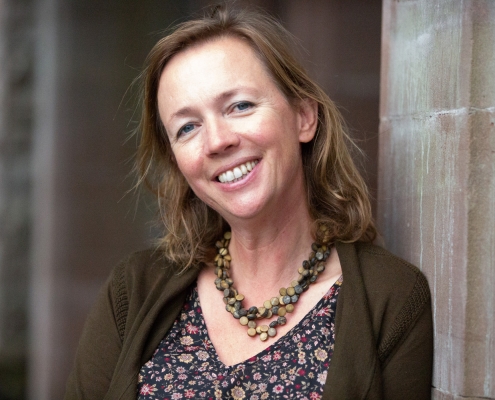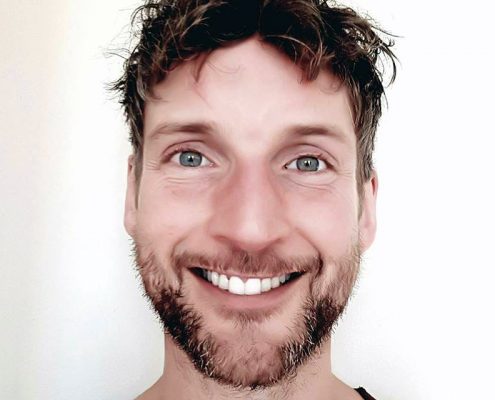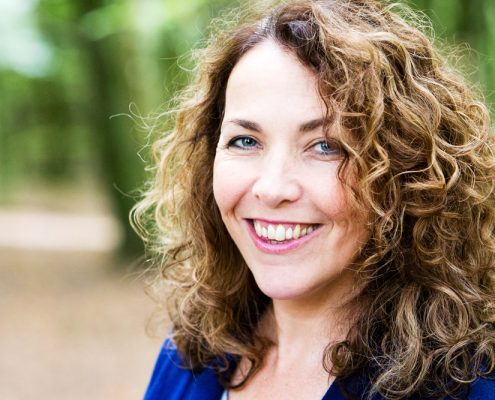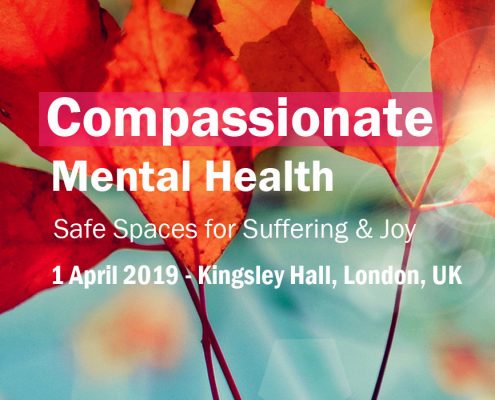Amy Jebreel
Amy Jebreel is a dual-trained consultant psychiatrist in Old Age and Adult Psychiatry, and clinical lead for a community team in the national ODDESSI Open Dialogue trial. .
Areas of interest
- Open Dialogue
- Integrative Psychiatry
- Balint Groups
Amy is a dual-trained consultant psychiatrist in Old Age and Adult Psychiatry, and clinical lead for a community team in the national ODDESSI Open Dialogue trial. She is a keen proponent of trauma-informed care and integrative psychiatry.
Open Dialogue
Open Dialogue is a compassionate approach that involves working with the whole family or network, rather than just the individual, and equipping staff of all disciplines with the key skills to do this, and thus effect change at deeper levels.
The Open Dialogue approach is both a philosophical/theoretical approach to people experiencing a mental health crisis and their families/networks, and a system of care, developed in Western Lapland in Finland over the last 25-30 years.
In the 1980s psychiatric services in Western Lapland were in a poor state, in fact they had one of the worst incidences of the diagnosis of schizophrenia’ in Europe. Now they have the best documented outcomes in the Western World. For example, around 75% of those experiencing psychosis have returned to work or study within 2 years and only around 20% are still taking antipsychotic medication at 2 year follow-up.
Remarkably, Open Dialogue is not an alternative to standard psychiatric services, it is the psychiatric service in Western Lapland. This has afforded a unique opportunity to develop a comprehensive approach with well-integrated inpatient and outpatient services. Working with families and social networks, as much as possible in their own homes, Open Dialogue teams work to help those involved in a crisis situation to be together and to engage in dialogue.
It has been their experience that if the family/team can bear the extreme emotion in a crisis situation, and tolerate the uncertainty, in time shared meaning usually emerges and healing/recovery is possible. Open Dialogue has drawn on a number of theoretical models, including systemic family therapy, dialogical theory and social constructionism.
Open Dialogue has been taken up in a number of countries around the world, including much of the rest of Scandinavia, Germany and several states in America.
